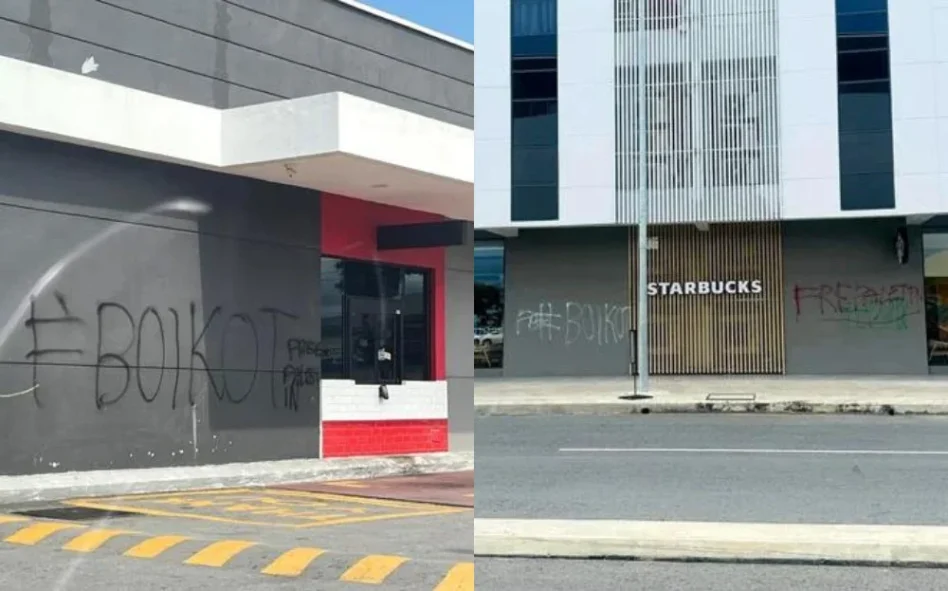DIGITAL innovations developed across Southeast Asia in response to the COVID-19 pandemic are a testament to the region’s ongoing commitment to building a range of “smart” infrastructure and applications.
After the successful development and implementation of the MySejahtera app to monitor the pandemic, Malaysia’s recent launch of The Federal Territories Smart City Blueprint (MySmart Wilayah 2030) that aims to develop smart cities through the application of digital technologies showcases the nation’s move in this direction.
Across the border, Singapore, who has also announced the Smart Nation initiative, has deployed two mobile apps—SafeEntry and TraceTogether—to curb future COVID-19 infections by determining if individuals were in close proximity to someone who later tested positive for the virus.
State agencies in Thailand collaborated on developing the DDC-Care mobile app, which helps people self-assess whether they have contracted COVID-19 and tracks those who traveled from at-risk countries and thus must quarantine themselves for 14 days.
The pandemic has taught us that there are no simple solutions, but we can overcome them together. A vital platform is the ASEAN Smart Cities Network, where cities from the 10 ASEAN member states learn from one another’s experiences working with global partners to adopt smart technology, as they advance their common goal of sustainable urban development.
Make better, faster decisions together
Partnerships with vendors play a crucial role in bringing emerging technologies to the public.
Take ManagePay Systems Berhad (MPay) for example, Malaysia’s leading commerce blended fintech provider. As with its well-known payment services, MPay also has a number of associated operations aimed at providing a complete end-to-end digital ecosystem for Malaysia’s small businesses to bring products to market.
There are also plans to boost growth and increase adoption of cloud-based technologies in the public sector by partnering with Cloud Service Providers (CSP), as part of Malaysia’s Digital Economy Blueprint.
Post the announcement, it has been reported that an investment of RM12 bil to RM15 bil will be made with CSP over the five years to build and manage hyper-scale data centres and cloud services.
Other countries in Southeast Asia are not far behind. According to a recent study by think tank ESI ThoughtLab, most of the region’s major cities are investing heavily in cloud and cloud-based AI technology services, and more plan to do so within three years.
However, while government agencies recognise that cloud services will enable them to innovate at scale faster than ever before, they still have security, regulatory compliance, and budget concerns.
That could be why 83% of ASEAN city leaders say they prefer a hybrid cloud approach to deploying smart city services.
Meanwhile, cloud services with AI features built-in move this emerging technology beyond the research labs and other large organisations with specialised expertise into the mainstream.
This includes the highly repetitive and manual tabulation and analysis of data, increasingly a necessity in helping organizations make smarter decisions.
Another area where AI holds great promise is in relieving traffic congestion, a major cause of environmental pollution as well as frustration in major Southeast Asian cities such as Manila, Jakarta, and Kuala Lumpur.
Road congestion currently costs Asian economies 2% to 5% of their gross domestic products every year, according to a McKinsey report, an amount forecast to exceed US$35 bil by 2030.
Malaysia’s Smart Selangor initiative has embraced an Intelligent Traffic Management System to allow real time traffic monitoring on all main arterial roads in Selangor in a bid to better manage road congestion.
Singapore’s Smart Mobility Plan 2030 is pursuing a similar agenda in order to manage train, bus, car, and bicycle traffic in real time.
Adopt a ‘whole-of-world’ approach, building an ecosystem of opportunities
The main goal of these public-private digital initiatives and information-sharing is to enhance the quality and accessibility of services, and thereby improve the quality of citizens’ lives.
Global dialogues such as the World Economic Forum’s annual meeting and the World Cities Summit, both taking place in Singapore this year, bring city leaders and industry experts together to discuss the most pressing urban challenges, share solutions, and forge new partnerships.
Collectively, leveraging innovation and entrepreneurship strengthens the region’s capacity to create an ecosystem of opportunities as well as demonstrate what is possible for the rest of the world to emulate.
While the right digital infrastructure and services give smart cities the capabilities they need to solve their most important challenges and seize the biggest opportunities, just as important is building an ecosystem of trusted partners to develop and extend those sustainable solutions. – Aug 12, 2021
Fitri Abdullah is the managing director for Oracle Malaysia.
The views expressed are solely of the author and do not necessarily reflect those of Focus Malaysia.










